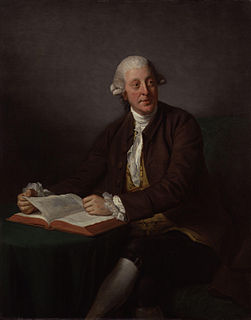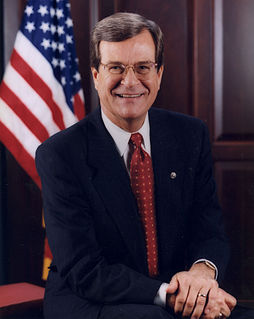A Quote by William Cecil, 1st Baron Burghley
England can never be ruined except by a Parliament.
Quote Topics
Related Quotes
No doubt, you've got a parliament now - I mean, Malcolm Turnbull says he'll work with the parliament he's got. He's got a parliament where a majority of the members of parliament want that law to be changed. He's got a parliament where there's a majority in each House who have publicly said they want to have a Royal Commission into banks.
The principle of Parliamentary sovereignty means neither more nor less than this, namely, that Parliament thus defined has, under the English constitution, the right to make or unmake any law whatever; and, further, that no person or body is recognised by the law of England as having a right to override or set aside the legislation of Parliament.
Parliament is for discussion. Parliament is to show dissent. Parliament is to give an argument for one's opposition, to present an argument when they support. To uphold this basic spirit of Parliament, is the responsibility of every person who values democracy. It is the responsibility of those present in the Parliament and those outside. It is the responsibility of those in power and those not in power. This is a matter of spirit and it should be followed.











































